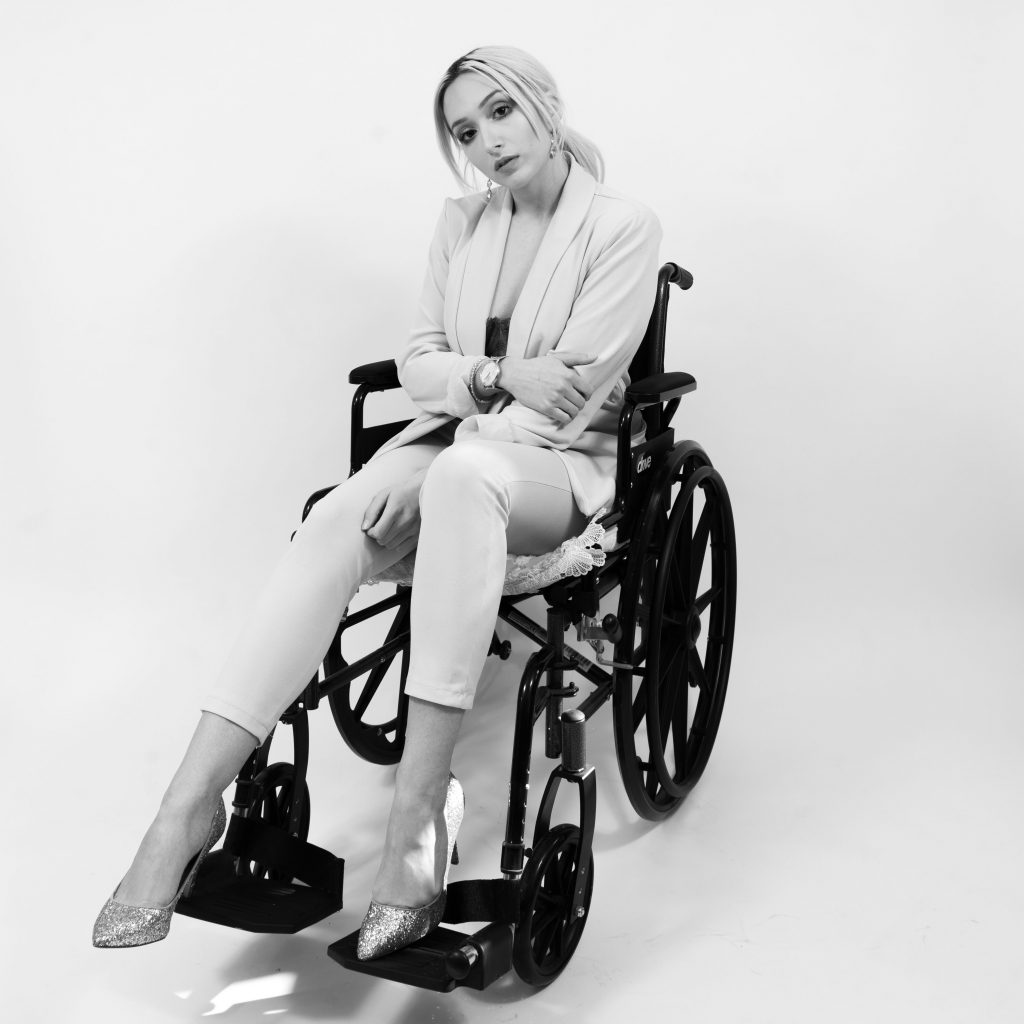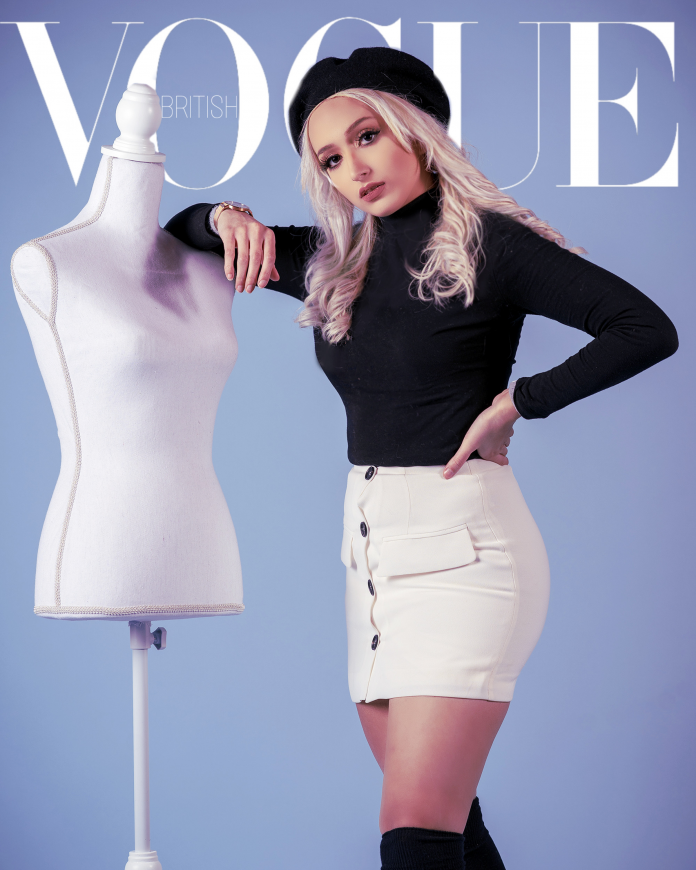It was like any other normal day of high school for a normal 18-year-old.
Jacqueline City, who grew up in Torresdale, had finished up a long day of school and rode the yellow school bus home, excited to go to a rock concert with some friends later that night. She thought it would be a completely normal teenage night.
“One of the opening bands was a hard-core band,” recalled City, who is now 23 and lives in South Philadelphia. “It wasn’t something I was used to. It was heavy. There were big men there, and I got hit in my temple by an elbow while just standing there. I was rushed to the hospital.”
That’s all she remembered.
City was diagnosed with a concussion and post-concussion syndrome. But her troubles didn’t end there. Further testing revealed City was going to have future complications from the hard knock she took that night.
“I wasn’t getting better, and we found out I had permanent brain damage and something called dysautonomia,” she said. “It basically knocked my brain to the back of my head and it affected my hypothalamus.”

The hypothalamus is a small part of the brain that has several functions, including hormone releases as well as regulating blood pressure, heart rate and internal temperature. Dysautonomia is a condition in which the autonomic nervous system doesn’t work properly. It affects the functioning of the heart, bladder, intestines, sweat glands, pupils and blood vessels. It can also cause a sudden and extreme rise of heartbeats just from simple tasks like standing up. She also suffered heart damage from blood pressure issues.
In other words, City’s life was turned upside down.
“I was bedridden for a few years, and it took a long time to work up to having a normal life and being able to do normal things,” she said.
But her determination never left.
Unable to work a regular job because of her disability, City began feeding her newly found passion of fashion designing and modeling. She started online boutiques, selling clothes through Facebook and Instagram, and was an instant success.
“I thought it was going to be a little thing I did on the side,” she said. “But since I couldn’t hold a 9 to 5 job because of my disabilities, I started putting more and more time into it. I was so happy and excited to have something to focus on because I wasn’t able to do much for so long because I was sick.”
It didn’t take long for her talent to get noticed. She started her own company called Jaqueline City Apparel and started an official site. Once her work hit the internet, she started getting a few surprise responses.
“Because I put so much time and effort into it and because of my story, people gravitated to it,” she said. “Within a week of officially launching, I was invited to New York Fashion Week.”

It all came to fruition in February, as City made her runway debut and was featured as a New York Fashion Week: “Ones to Watch.” It took a long time for it all to sink in.
“When I got invited, I thought it was a scam,” City said with a laugh. “It was so surreal, I had never put on a runway before. I didn’t even process it as a real experience until afterwards when I saw the photos. I kept thinking, ‘I’m a kid’. I probably shouldn’t be here.”
Shortly after, she was invited to show at Paris Fashion Week at the Ritz Paris. The coronavirus pandemic pushed that event to the spring of 2021 but City’s raincheck is still valid for that exciting venture next year.
“I actually understood that it was going to get canceled and that the world was shutting down before anyone else because I am so aware of health risks being immunocompromised,” she said. “But at least I have more time to work on the collection so I’m not rushing as much. Because the first show, I literally had to do it all myself in my room. People would want to see my studio, which was literally my bedroom in South Philly.”
City’s work and reputation has preceded her overseas. Her designs are currently featured in British Vogue’s August through October editions. Through all the success, City hasn’t forgotten how it all got started. Her clothing lines stress the importance of inclusivity, as her brand has options for women, men, unisex, kids and plus sizes up to 5X.

She is public about her disability and hopes to shed light on the struggles of other women who may have been in similar situations. Before receiving the correct diagnosis on her disability from a team of doctors at Jefferson Hospital, City struggled to find answers at other places and thought she wasn’t being heard.
“When I wasn’t able to keep food down and I was fainting, it was because of my blood pressure,” she said. “When I was having a hot flash, it wasn’t a panic attack as some doctors told me. They said it was in my head, and I just didn’t want to go to school or want to work. It was very frustrating. But ultimately I found the right diagnosis. So many people, especially women, aren’t listened to when they come in for a diagnosis. It’s a real concern.”
Aside from speaking strongly about her message, City incorporates it in her brand.
“Growing up, I just never really fit in or had many friends so I always knew what it felt like to not be included in things,” City said. “Nobody likes that feeling, even as an adult. That happens a lot in fashion, unfortunately. Women of different shapes are underrepresented. In the ‘90s, it was just one size. It was just straight, tall, thin white models and I think we need to move past that. I want to include everyone who feels like they are not the ideal fashion standard. I want them to feel like they have a place in Jacqueline City.” ••





